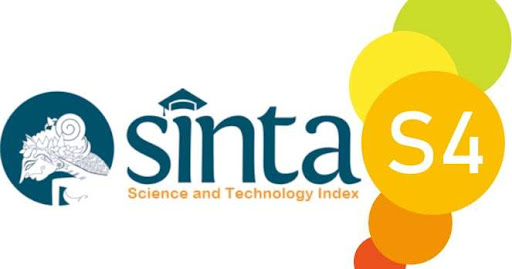TUHAN ORANG-ORANG KOLOK DESA BENGKALA
DOI:
https://doi.org/10.36733/sphota.v12i2.988Keywords:
Discourse Analysis, concept of God, Kata Kolok, EthnographyAbstract
The limit of ability in hearing and speaking in some people is not an obstacle to understanding the concept of God. This research aims at the discovering the range of understanding of the deaf community (Koloks) in Bengkala on the concept of God. Data sources are spoken texts, which were selected by using ‘Go Fishing’ technique, on which data have been collected randomly and without specific planning. The selected data were analysed by using the ethnographic method; their purpose is to collect several data that explain issues which are focusing on the conducted research. The result data are spoken texts; those are interviews with seven deaf people and three important persons in Bengkala village, namely Made Arpana (Former Head of the Village), Mangku Deni (temple priest), and Ketut Kanta, who is the Kelihan or the Chief of Bengkala Deaf Community. The result of this research comes to the conclusion that generally Bengkala deaf people know and understand the concept of God. Their spiritual life is vivid as they are following all the values and worship procedures according to Balinese-Hindu religion, which comprises daily worships, life-circle rituals, and religious ceremonies.














